Brazil 1994: A World Cup Victory Inspired by Ayrton Senna
On July 17, 1994, Brazil lifted the FIFA World Cup trophy for the fourth time in its history after a dramatic penalty shootout victory against Italy at the Rose Bowl in Pasadena, USA. While this triumph marked the end of a 24-year drought for the Seleção, it was more than just a footballing success. It was a tribute to one of Brazil’s greatest sporting legends: Ayrton Senna.
A Nation in Mourning, A Team United
Just two months before Brazil’s World Cup campaign began, the nation was struck by an immense tragedy. On May 1, 1994, Ayrton Senna, three-time Formula 1 world champion and a national hero, lost his life in a fatal crash at the San Marino Grand Prix in Imola, Italy. His death sent shockwaves through Brazil, leaving millions in mourning. Senna was not just a motorsport icon; he embodied Brazilian passion, resilience, and an unwavering pursuit of excellence. His patriotism was evident every time he raced, famously carrying the Brazilian flag on his victory laps.
In the aftermath of his passing, Brazil’s national football team found themselves carrying the weight of national grief, but also the motivation to honor Senna’s legacy. The squad, led by Carlos Alberto Parreira, saw Senna as a symbol of determination, skill, and national pride—values they would channel into their World Cup journey.
Senna’s Influence on the Squad
Several members of the 1994 squad were deeply impacted by Senna’s death. Romário, Bebeto, Dunga, Taffarel, and captain Raí were among those who publicly expressed their admiration for him.
Senna’s work ethic and relentless drive inspired the team to adopt a mentality of discipline and collective strength. Brazil, often associated with attacking flair, approached the 1994 World Cup with a more pragmatic style, prioritizing defensive solidity and teamwork over individual brilliance. This strategic shift reflected Senna’s meticulous approach to racing—carefully balancing risk and reward.
A Dedication to Senna
Throughout the tournament, players spoke of Senna as a source of motivation. Before matches, the team would watch video clips of his greatest races and listen to stories about his competitive spirit. Dunga, the team’s midfield general, embodied the leadership and determination that Senna displayed on the track.
The most emotional tribute came after Brazil’s victory in the final. As the players celebrated, they unfurled a massive banner that read: “Senna… Aceleramos juntos!” (“Senna… We accelerated together!”). It was a poignant moment, reinforcing the connection between Brazil’s two great passions—football and motorsport.
A Victory Beyond Football
Brazil’s 1994 World Cup victory was not just about reclaiming global football supremacy; it was about lifting a nation in mourning. The triumph served as a unifying force, helping Brazil heal from the loss of one of its greatest sons.
Even today, the legacy of that team and its tribute to Senna remains a defining moment in Brazilian sports history. The 1994 squad did not just win for themselves; they won for a fallen hero, for a grieving nation, and for the spirit of Ayrton Senna, whose inspiration continues to transcend the world of sports.
The connection between Ayrton Senna and Brazil’s 1994 World Cup triumph is a testament to the power of inspiration. Whether on the racetrack or the football pitch, the pursuit of greatness and national pride go hand in hand. Senna’s memory lives on—not just in Formula 1 history but in the hearts of every Brazilian who remembers how their footballing heroes honored him with the greatest prize in world football.

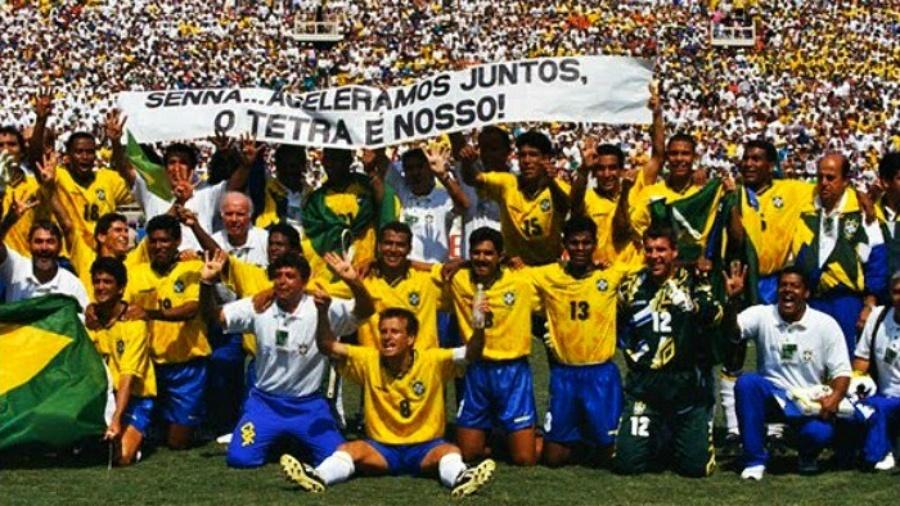
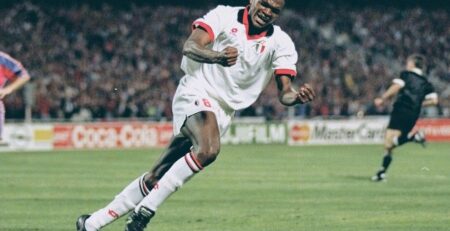
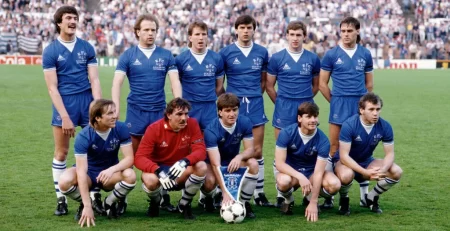
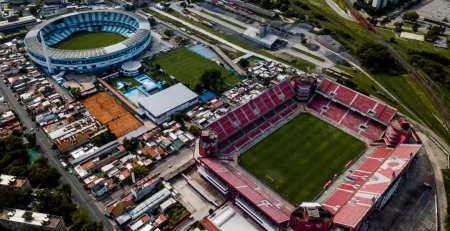
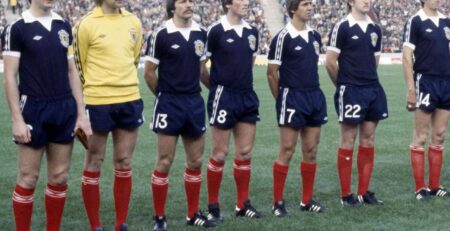
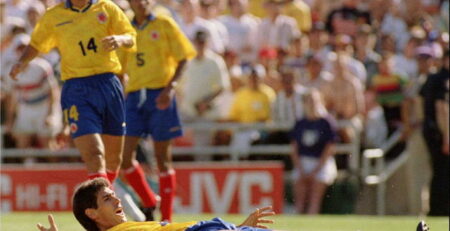


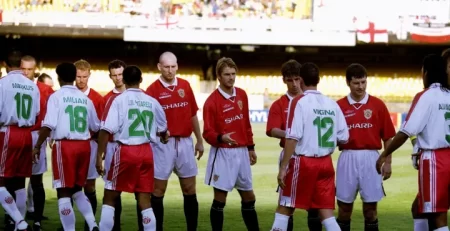
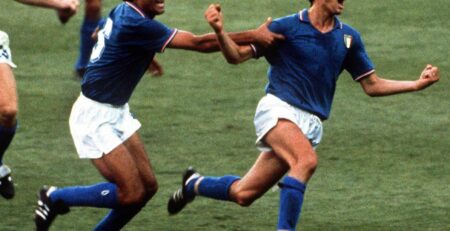

Leave a Reply